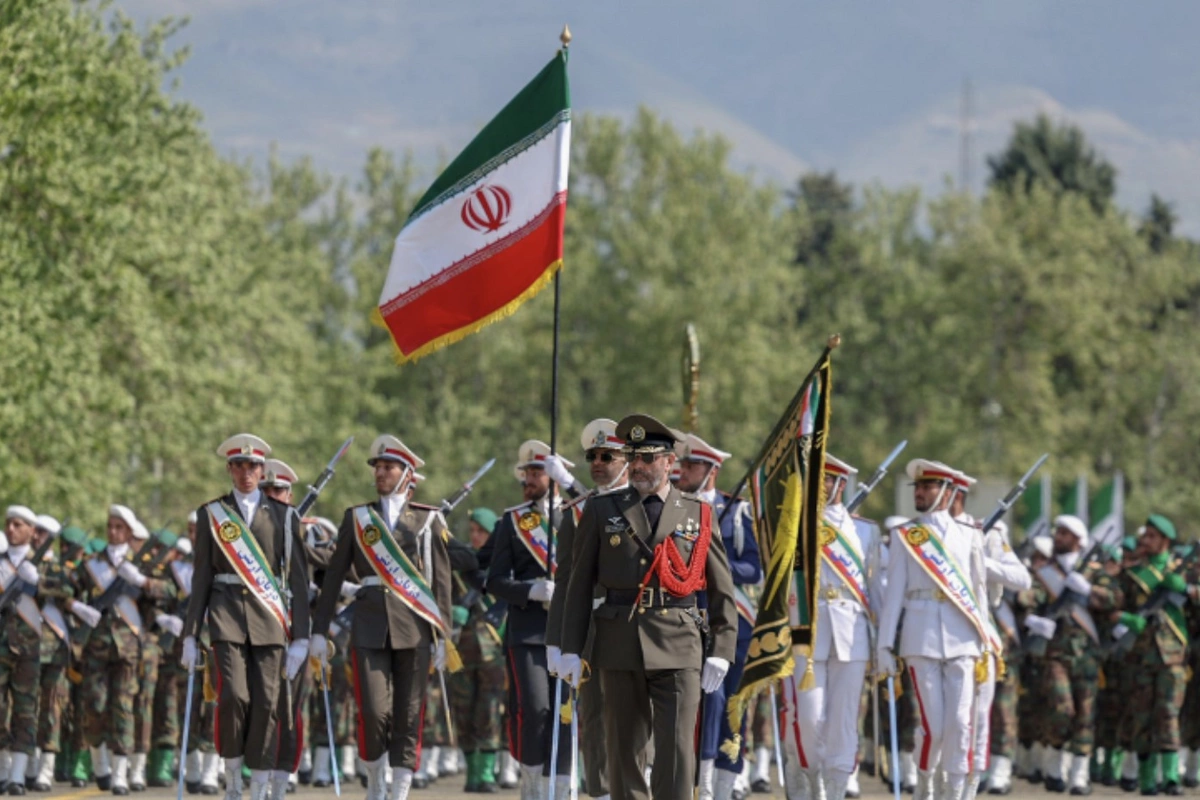
Google images
Donald Trump's statement on Türkiye's military capabilities has once again drawn attention to Ankara's role in Middle Eastern politics. As one of the most influential regional powers, Türkiye holds a pivotal position in shaping the future of the Middle East. Its strategic importance to the United States is difficult to overestimate. Under the Trump administration, the U.S. leadership appeared eager to strengthen ties with Türkiye, especially in the context of the Syrian conflict. This inclination stems not only from Türkiye's geographical proximity to key conflict zones but also from its ability to influence regional dynamics in alignment with U.S. interests.
The Syrian Campaign and Its Aftermath
The recent military operation, which culminated in the victory of the "Hay'at Tahrir al-Sham" group, underscored the intricate web of alliances and rivalries shaping the Syrian conflict. This campaign was not merely a localized battle but a reflection of larger geopolitical strategies. Behind the scenes were tacit agreements involving internal Syrian factions, such as former Ba'ath Party leaders, as well as external powers like Russia and the United States.
One of the primary objectives of the operation was to weaken Iranian-backed proxy forces that had been using Syrian territory to bolster Tehran's influence in Lebanon. By disrupting these supply lines, the campaign aimed to curb Iran's strategic ambitions in the Levant. This development signals a possible escalation of efforts to counter Iran’s presence in the region, potentially leading to a broader military campaign aimed at limiting Tehran’s influence.
Türkiye’s Calculated Moves in Syria
For Türkiye, Syria remains a critical arena for advancing its national interests. Ankara has already taken significant steps to secure its borders by establishing a 30-kilometer buffer zone in areas previously controlled by the Syrian Democratic Forces (SDF), which are predominantly Kurdish. However, a small segment of this area, located east of the Euphrates River, remains outside Turkish control.
Analysts believe that Türkiye is determined to complete the formation of this buffer zone, ensuring greater security along its southern border.
In addition to territorial objectives, Türkiye has consistently demanded the removal of high-ranking members of the Kurdistan Workers' Party (PKK) who are affiliated with the SDF. This issue is a cornerstone of Türkiye’s foreign policy and has been reiterated by Foreign Minister Hakan Fidan in discussions with international partners. It appears that Washington has shown some degree of support for Ankara’s stance, as the U.S. seeks to maintain its alliance with Türkiye while balancing its commitments to Kurdish forces in the region.
Türkiye's ultimate goal is clear: to establish full control over the buffer zone and ensure that PKK operatives are entirely removed from Syria and Iraq.
Kurdish and Salafist Dynamics: An Uneasy Coexistence?
Northeastern Syria, home to Kurdish formations, remains a hotspot of potential conflict and negotiation. A scenario in which agreements are reached between Hay'at Tahrir al-Sham and the SDF is plausible. Such an arrangement could pave the way for a federated system in the region. However, this federation would likely face significant ideological and operational challenges.
The most prominent issue is the stark ideological divide between the secular, leftist philosophy of Kurdish groups and the religiously motivated agenda of Salafist factions. These groups represent opposing worldviews, raising questions about the viability of their coexistence within a unified political structure. The resolution of these contradictions will be pivotal in determining the future stability of northeastern Syria.
Türkiye’s Relationship with Hay'at Tahrir al-Sham
Although the recent operation by Hay'at Tahrir al-Sham was not directly orchestrated by Türkiye, Ankara was likely well-informed about the group’s activities. It is important to note that Türkiye did not provide military support for the operation. Instead, the campaign’s success can be attributed to a convergence of interests among Russia, the United States, and local Syrian actors linked to the Ba'ath Party.
Currently, Hay'at Tahrir al-Sham is designated as a terrorist organization in Türkiye, and its activities are officially banned. However, the future of this group remains uncertain. There is speculation that the organization could undergo a transformation, shedding its more radical elements, or that Türkiye might reconsider its stance depending on the evolving geopolitical landscape.
Possible Scenarios for the Region
Looking ahead, Türkiye is expected to focus on completing the establishment of the buffer zone in Syria. Once this objective is achieved, Ankara’s attention may shift to addressing security concerns in northern Iraq. This shift would align with Türkiye’s broader strategy of securing its borders and neutralizing threats from PKK-affiliated groups operating in the region.
As for Iran, there are two main scenarios: either a direct military campaign against Tehran or an internal coup that reshapes Iran’s political landscape. However, Türkiye is likely to refrain from direct involvement in these processes, preferring instead to maintain its position through negotiations and by strengthening its influence in the region.
Current events indicate that the Middle East is entering a new period of heightened tension, with Türkiye, the United States, Russia, and Iran remaining key players. The question is how long this fragile balance of interests can be maintained and what Ankara’s next move will be on the Middle Eastern stage.
Share on social media